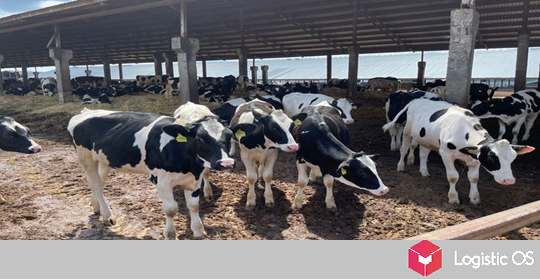Agricultural producers today find themselves in a difficult situation.
Not only the pandemic is to blame, but also the rise in the cost of means of production, which casts doubt on the profitability of the business.
The other day, a meeting of the Cabinet of Ministers of the Russian Federation was held, which was also devoted to food security issues. And this issue is directly related to the support of agricultural producers.
Russian Prime Minister Mikhail Mishustin, during his speech at a strategic session dedicated to the price environment of world markets, said that the rise in food prices is very noticeable today, and measures should be taken to stabilize them.
One such measure, according to the Prime Minister, is a floating export duty on a range of grains and oilseeds. The duty adjusts to current world prices to ensure the domestic market.
True, many farmers complain that such a duty most of all hinders their work with a profit.
In addition to it, it is planned to introduce the following support measures:
Soft loans for up to 12 years. It is planned that this will help, among other things, to support those farmers who have suffered the most in the last couple of years from African swine fever and bird flu.
Subsidies for bringing land into circulation for vegetable growing.
Allocation of funds for production expansion.
Credit and logistics incentives.
It was also previously planned that all income from export duties would subsequently be distributed among farmers. We can talk about decent amounts.
One way or another, support for farmers is really needed today.
Growth in food prices is being noted all over the world today, noted Dmitry Rylko, Director General of the Institute for Agrarian Market Studies. And the state is simply obliged to take some measures.
But the stimulation of farmers with money will surely cause an increase in inflation as a result. However, this is the lesser evil in the current situation, because the alternative is a reduction in production, a food shortage.
As Dmitry noted, one of the best and most painless options for helping farmers for the market is providing food assistance to the most needy categories of the population.
Such an instrument associated with the procurement of agricultural products by the state would not be as painful as duties and would not cause a significant increase in inflation. However, at the moment, as far as is known, the government is not considering such a solution to the problem.

